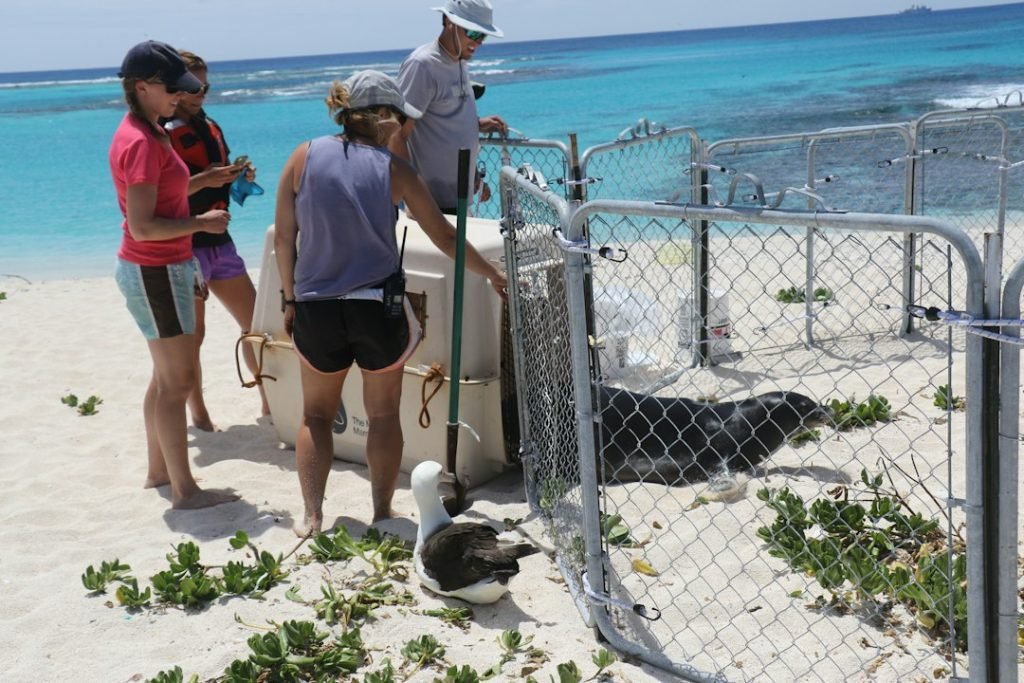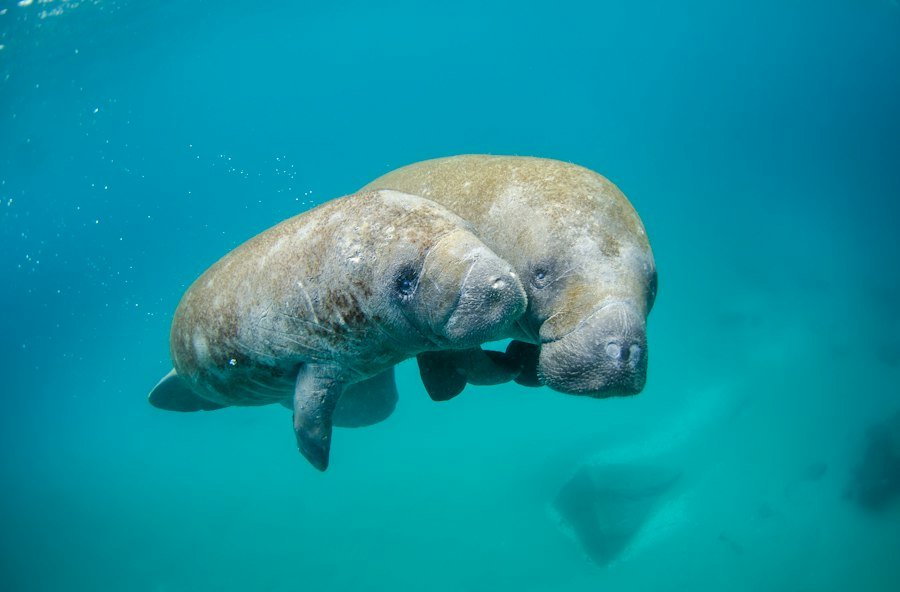

How to Talk About Marine Biology in Spanish: 20 Marine Terms
Learning marine biology terms in Spanish is essential for anyone interested in the field of marine science. Whether you are a student, researcher, or simply someone who enjoys learning about the ocean and its inhabitants, having a strong grasp of the vocabulary will greatly enhance your understanding and communication skills. In this blog post, we will cover a wide range of topics related to marine biology in Spanish, including basic vocabulary, marine ecosystems, essential marine organisms, marine conservation, acronyms, marine geography and oceanography terms, marine research and science, marine food webs and trophic levels, and marine biodiversity.
Table of Contents
ToggleKey Takeaways
- Learn basic marine biology terms in Spanish
- Expand your vocabulary with essential marine organisms and their names in Spanish
- Understand marine ecosystems and conservation in Spanish
- Familiarize yourself with commonly used marine biology acronyms in Spanish
- Explore marine biodiversity and food webs in Spanish
Basic Vocabulary for Marine Biology in Spanish
To start off, let’s explore some commonly used terms and phrases in marine biology. These words will serve as the foundation for your understanding of the subject. For example, “ocean” is translated as “océano” in Spanish, while “marine” is “marino”. Other important terms include “biology” (biología), “ecology” (ecología), “species” (especie), and “environment” (medio ambiente). It is also crucial to learn verbs such as “to study” (estudiar), “to observe” (observar), and “to analyze” (analizar) to describe scientific processes.
Understanding Marine Ecosystems in Spanish
Marine ecosystems are complex systems that consist of various components interacting with each other. In Spanish, the term for ecosystem is “ecosistema”. It is important to learn related vocabulary such as “habitat” (hábitat), which refers to the specific environment where an organism lives, and “niche” (nicho), which describes the role or position an organism has within its habitat. Additionally, “community” (comunidad) refers to all the different species that live and interact within a specific area.
Essential Marine Organisms and Their Names in Spanish
To fully understand marine biology, it is crucial to learn the names of important marine organisms in Spanish. For example, “fish” is translated as “pez”, “coral” is “coral”, and “shark” is “tiburón”. Other important organisms include “whale” (ballena), “dolphin” (delfín), and “seahorse” (caballito de mar). By learning these names, you will be able to identify and discuss different marine organisms in Spanish.
Talking About Marine Conservation in Spanish
Marine conservation is a critical aspect of marine biology. To discuss this topic in Spanish, it is important to learn vocabulary related to sustainability, protection, and restoration. For example, “sustainability” is translated as “sostenibilidad”, “protection” is “protección”, and “restoration” is “restauración”. By understanding and using these terms, you can engage in conversations about the importance of preserving our oceans and marine life.
Commonly Used Marine Biology Acronyms in Spanish

Acronyms are commonly used in the field of marine biology to refer to specific terms or concepts. Some examples of commonly used acronyms include “CITES” (Convención sobre el Comercio Internacional de Especies Amenazadas de Fauna y Flora Silvestres), which stands for the Convention on International Trade in Endangered Species of Wild Fauna and Flora, and “MPA” (Área Marina Protegida), which stands for Marine Protected Area. By familiarizing yourself with these acronyms, you will be able to understand and communicate more effectively within the field.
Marine Geography and Oceanography Terms in Spanish
Marine geography and oceanography are important aspects of marine biology. To discuss these topics in Spanish, it is important to learn vocabulary related to currents, tides, and waves. For example, “current” is translated as “corriente”, “tide” is “marea”, and “wave” is “ola”. Understanding these terms will allow you to discuss the physical characteristics and processes of the ocean.
Discussing Marine Research and Science in Spanish
Research and scientific methods are fundamental to the field of marine biology. To discuss these topics in Spanish, it is important to learn vocabulary related to hypothesis, experiment, and data. For example, “hypothesis” is translated as “hipótesis”, “experiment” is “experimento”, and “data” is “datos”. By understanding and using these terms, you will be able to engage in discussions about scientific research in the field of marine biology.
Marine Food Webs and Trophic Levels in Spanish
Marine food webs and trophic levels are important concepts in marine biology. To discuss these topics in Spanish, it is important to learn vocabulary related to producers, consumers, and decomposers. For example, “producer” is translated as “productor”, “consumer” is “consumidor”, and “decomposer” is “descomponedor”. By understanding these terms, you will be able to describe the flow of energy and nutrients within marine ecosystems.
Exploring Marine Biodiversity in Spanish
Marine biodiversity refers to the variety of life forms found in the ocean. To discuss this topic in Spanish, it is important to learn vocabulary related to species, ecosystems, and genetic diversity. For example, “species” is translated as “especie”, “ecosystem” is “ecosistema”, and “genetic diversity” is “diversidad genética”. By understanding and using these terms, you will be able to engage in discussions about the importance of preserving and protecting marine biodiversity.
In conclusion, learning marine biology terms in Spanish is essential for anyone interested in the field of marine science. By familiarizing yourself with the vocabulary related to basic concepts, marine ecosystems, essential organisms, conservation, acronyms, geography and oceanography, research and science, food webs and trophic levels, and biodiversity, you will be able to enhance your understanding and communication skills in the field. So keep learning and exploring the fascinating world of marine biology in Spanish!
If you want to learn Norwegian, you can register for classes here. We look forward to hearing from you and helping you become fluent in Norwegian.





